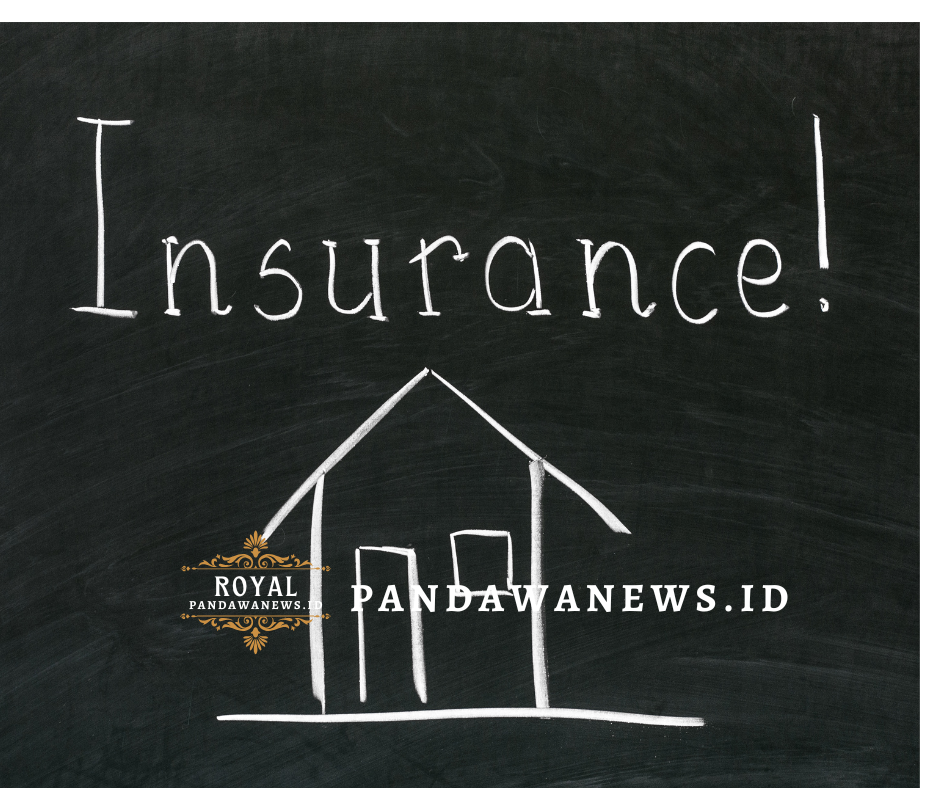We all want to protect ourselves from unexpected financial shocks—but is paying for insurance really worth it in the long run? From health and auto insurance to home and life coverage, many people ask the same question: “Am I wasting money on something I might never use?”
Iklan Google AdSense
In this article, we’ll explore the cost vs. benefit of insurance, break down real-life scenarios, and help you decide if insurance is a smart investment—or an unnecessary expense.
What Does Insurance Actually Do?
Insurance is a financial safety net. You pay a monthly or annual premium, and in return, the insurer agrees to cover certain risks like accidents, illness, damage, or death.
Iklan Google AdSense
Without insurance, a single incident—like a car crash or hospital visit—can wipe out your savings or push you into debt.
Types of Insurance Commonly Considered
-
Health Insurance – Covers medical expenses and hospital stays
-
Auto Insurance – Pays for repairs, liability, and injury after car accidents
-
Homeowners/Renters Insurance – Protects against fire, theft, and weather damage
-
Life Insurance – Provides financial support to family after death
-
Travel Insurance – Covers trip cancellations, emergencies, and lost luggage
-
Business Insurance – Protects operations, assets, and liability
The Cost Side: What Are You Paying?
-
Premiums – Regular payments (monthly, quarterly, or yearly)
-
Deductibles – The amount you must pay out-of-pocket before coverage kicks in
-
Co-pays & Coinsurance – Shared costs in certain policies (especially health insurance)
-
Policy Fees & Riders – Extra charges for optional add-ons
Example:
You may pay $1,200/year for auto insurance. If you don’t make any claims, that money feels “wasted”—but it’s actually paying for risk protection.
The Benefit Side: What You Gain
-
Risk Management – Protects against life’s uncertainties
-
Large Expense Coverage – Pays for huge costs you couldn’t afford on your own
-
Peace of Mind – Reduces financial stress during emergencies
-
Legal Compliance – Some insurances (like auto) are legally required
-
Family Protection – Especially true for life and health insurance
Example:
If you get into a car accident and cause $10,000 in damage, your $1,200 premium becomes a worthwhile investment.
When Insurance Is Definitely Worth It
✅ You own expensive property (e.g., car or house)
✅ You have dependents relying on your income
✅ You live in an area prone to natural disasters
✅ You don’t have emergency savings
✅ You’re required to have it by law or contract
When It Might Not Be Worth It
❌ You’re paying for coverage you don’t need (e.g., rental car insurance when your credit card already covers it)
❌ Your risk is extremely low and self-insuring is possible
❌ The premiums are higher than the potential payout (especially in short-term policies with exclusions)
Cost vs. Benefit Analysis Table
| Type of Insurance | Avg Annual Cost | Potential Benefit | Worth It? |
|---|---|---|---|
| Health Insurance | $5,000+ | $100,000+ (major illness) | ✅ Yes |
| Auto Insurance | $1,200 | $10,000–$50,000+ (accident) | ✅ Yes |
| Life Insurance | $300–$1,000 | $100,000+ (death benefit) | ✅ Yes (if dependents) |
| Travel Insurance | $50–$300 | $5,000–$10,000 | ✅ Sometimes |
| Pet Insurance | $300–$600 | $2,000–$10,000 | ❌ or ✅ (based on breed/health) |
Tips for Maximizing Insurance Value
-
Shop around for better premiums
-
Only pay for coverage you truly need
-
Increase your deductible to lower premium costs
-
Understand exclusions and fine print
-
Take advantage of bundling discounts
Final Verdict: Is It Worth It?
Yes—most of the time, insurance is worth it.
It protects your finances, your assets, your health, and your family. While you may not “use” it every year, the peace of mind and protection from high-cost emergencies far outweigh the regular cost of premiums.
Just make sure you:
-
Choose the right type of insurance
-
Get the correct level of coverage
-
Avoid overpaying for unnecessary add-ons
Iklan Bersponsor Google










